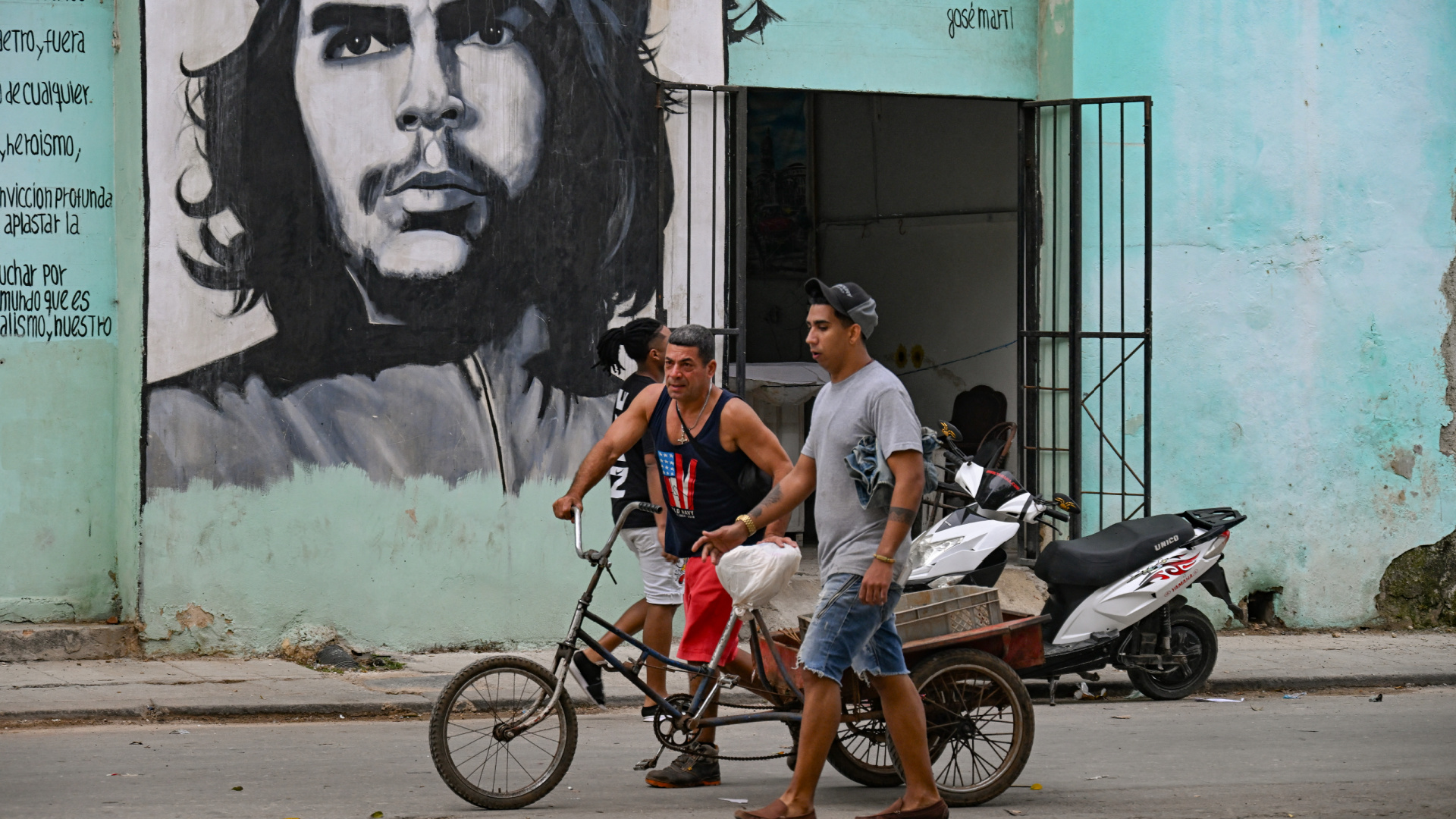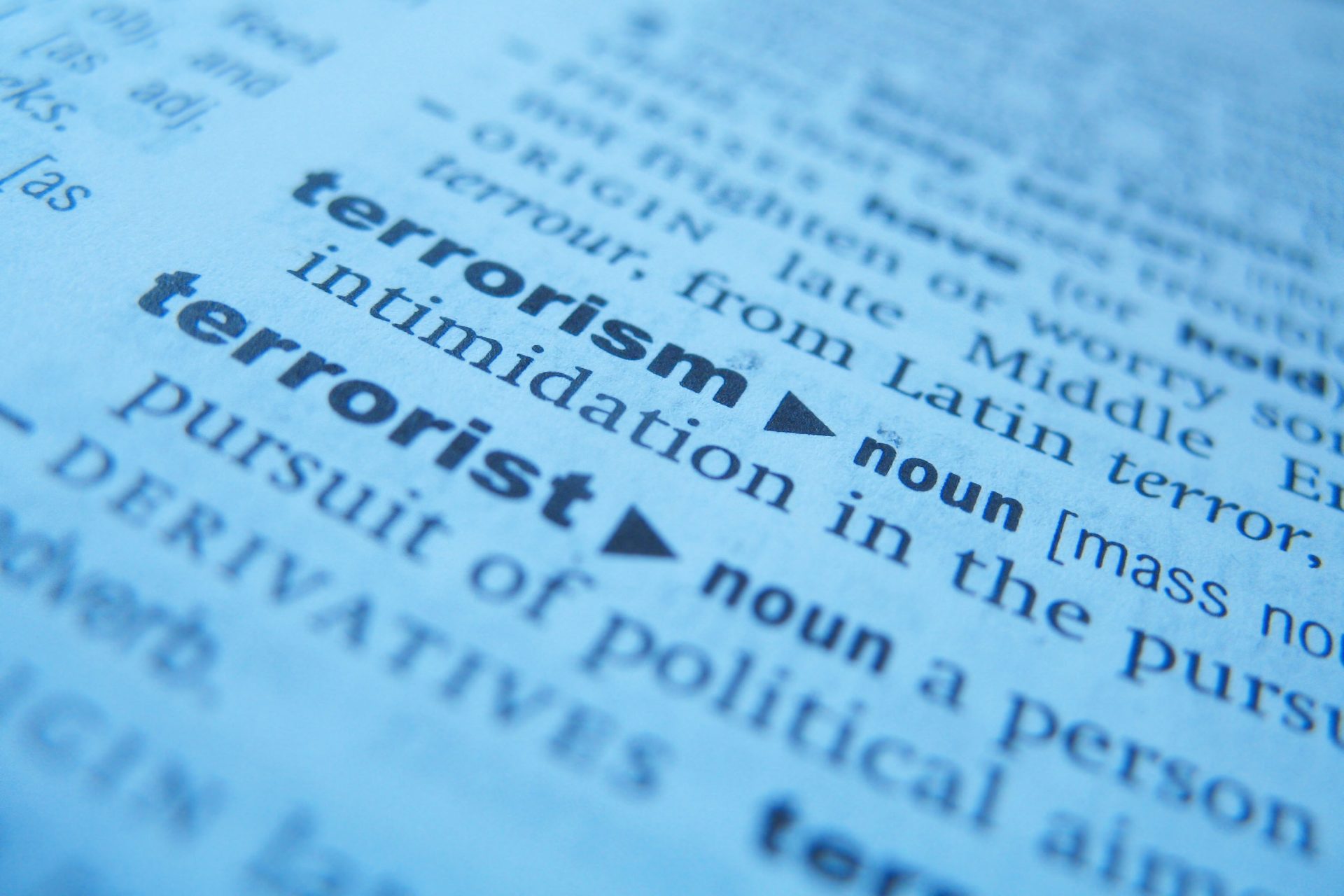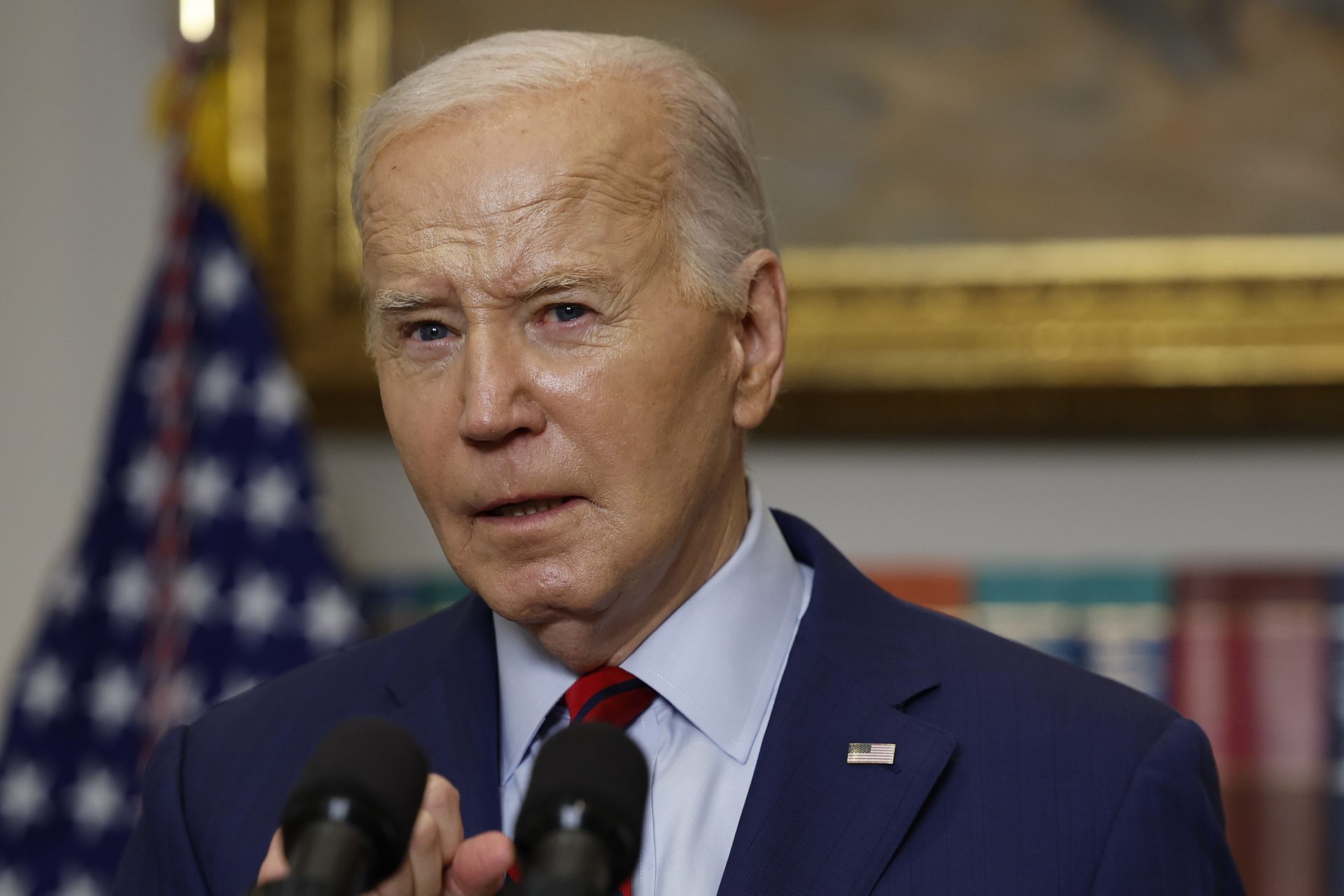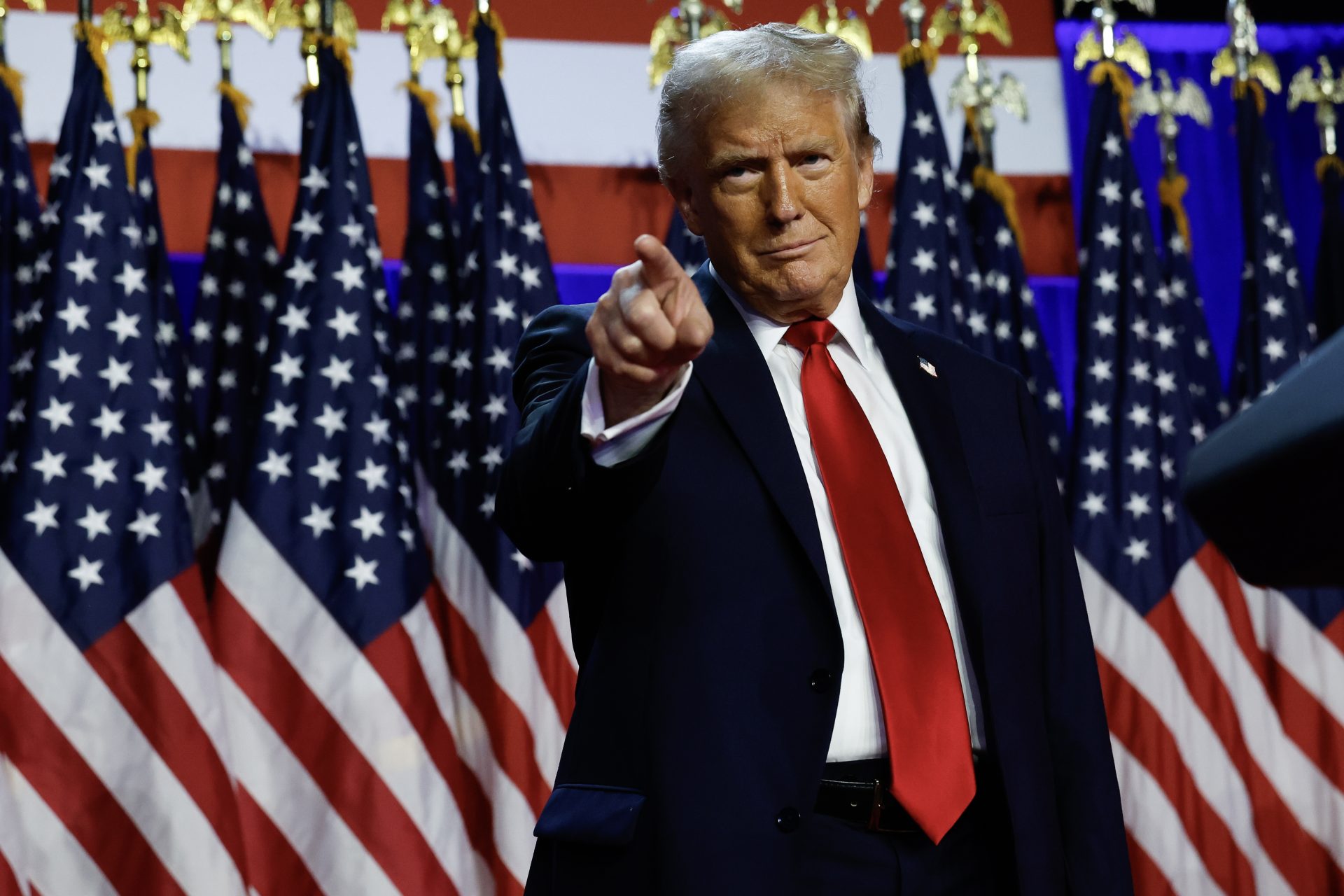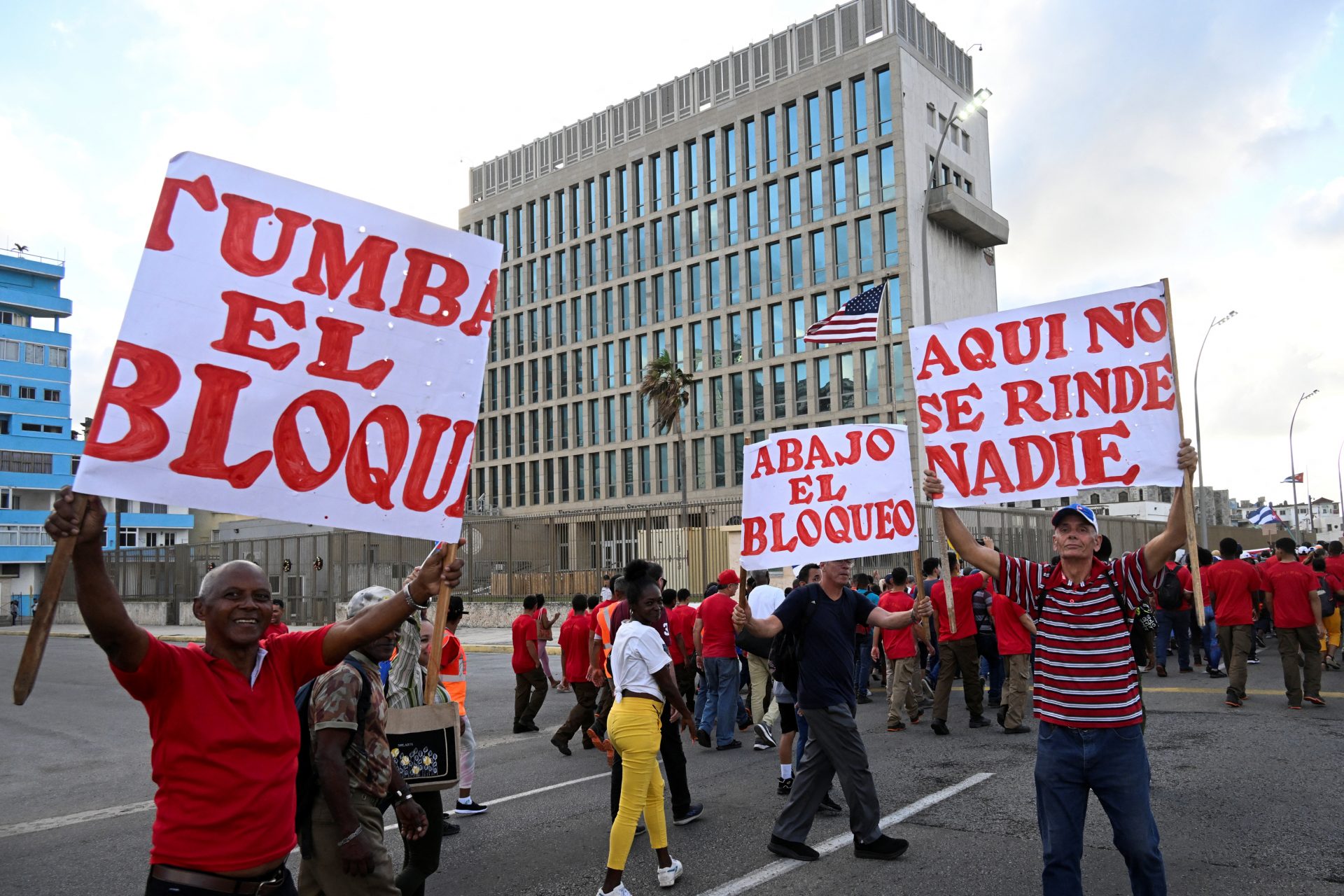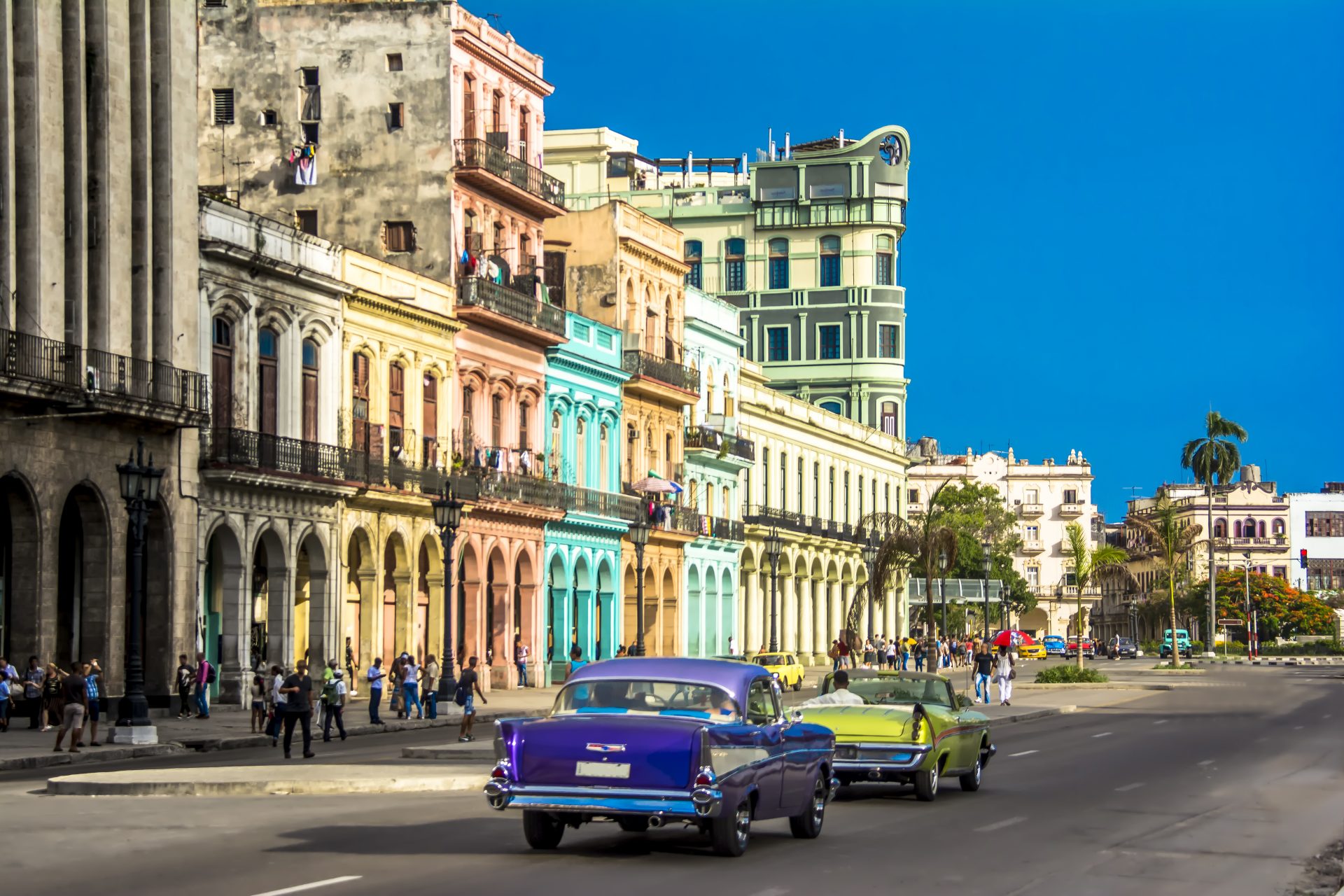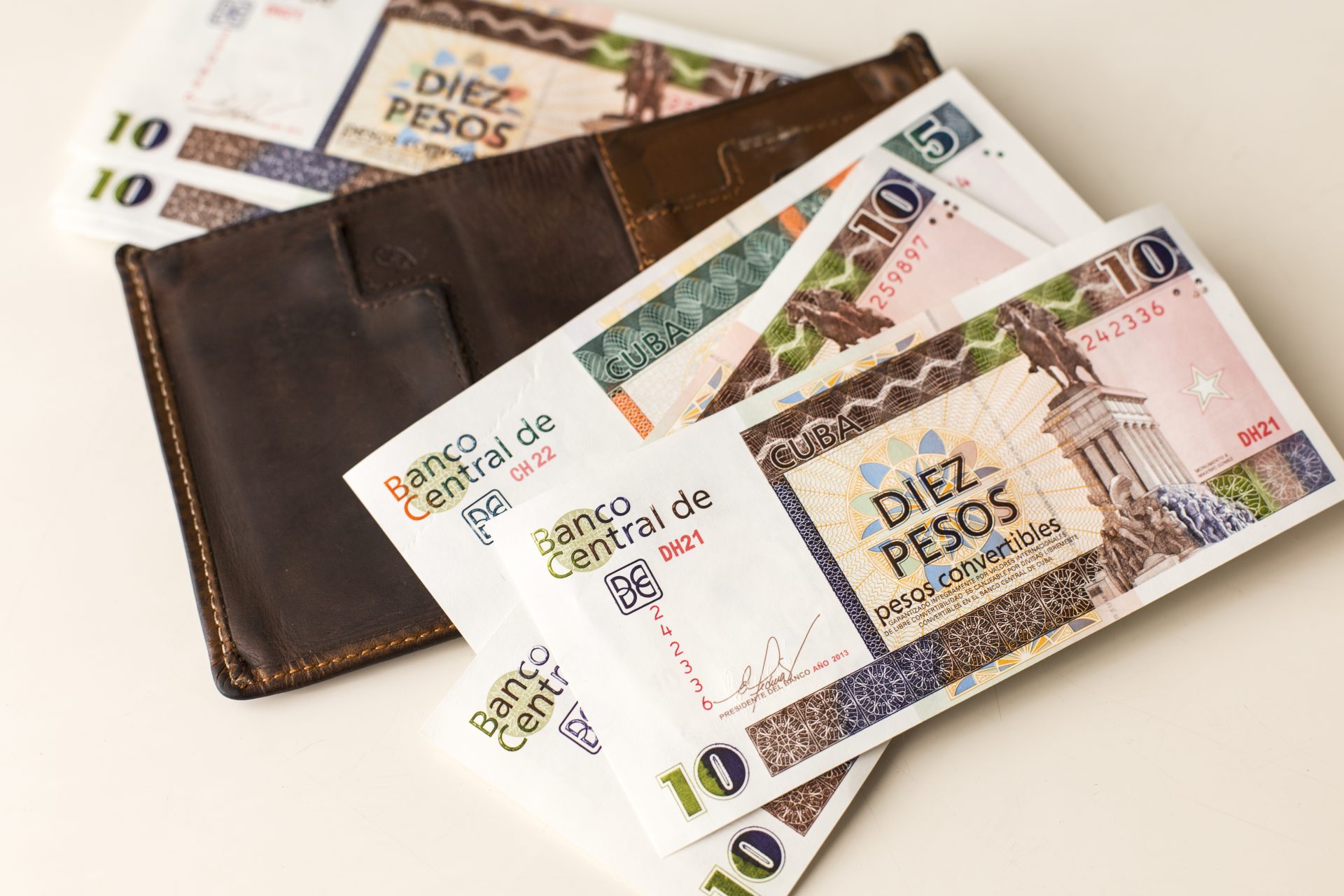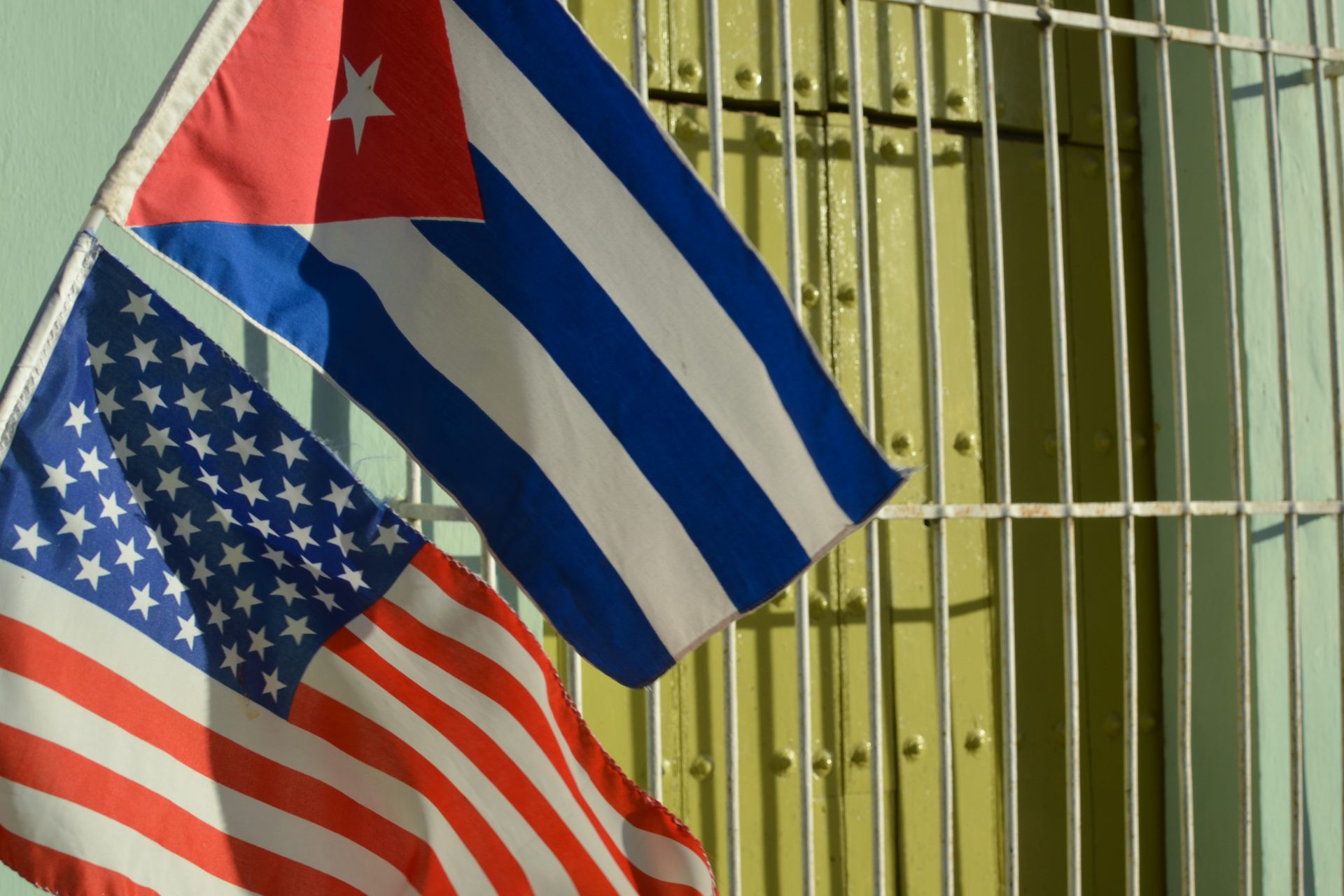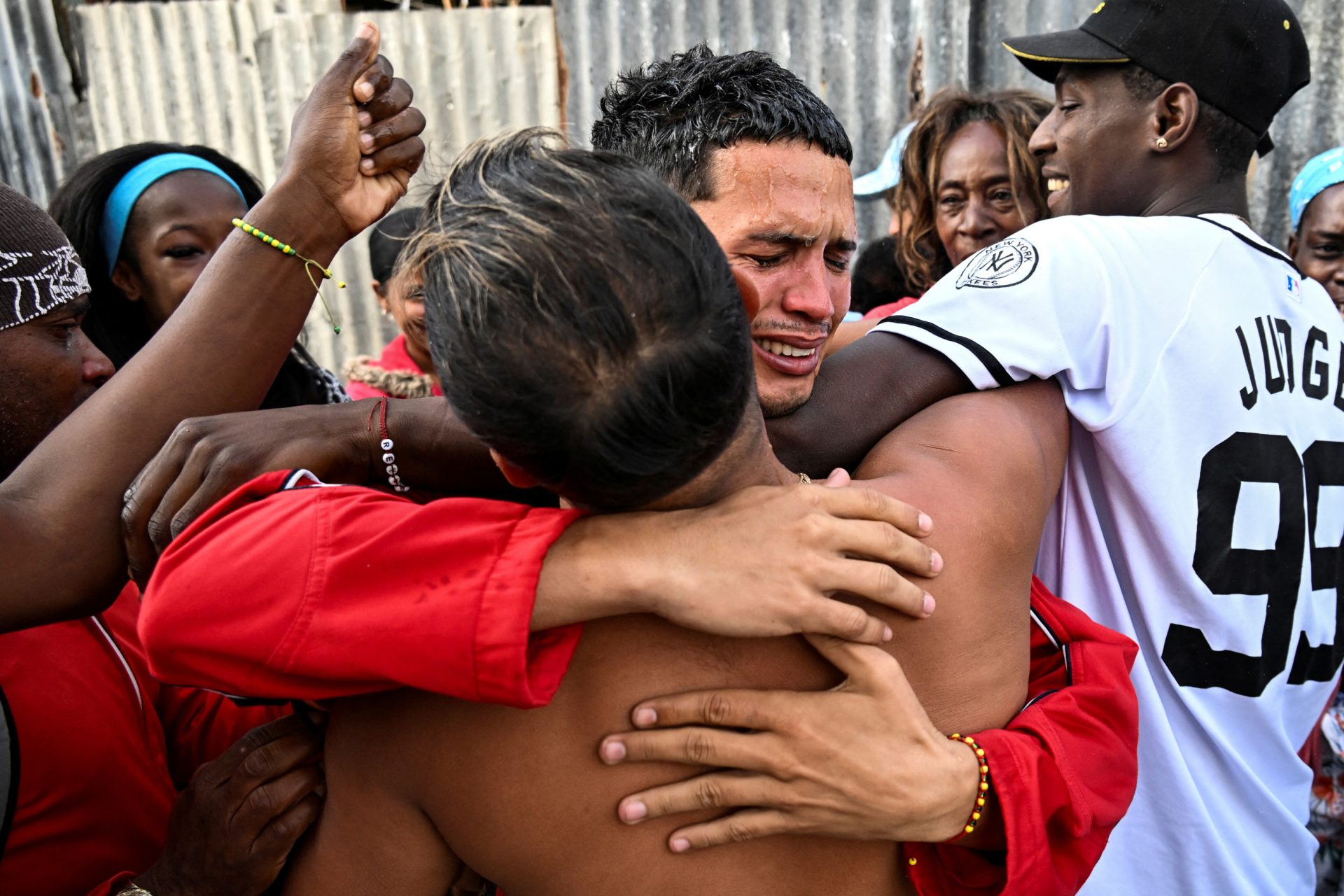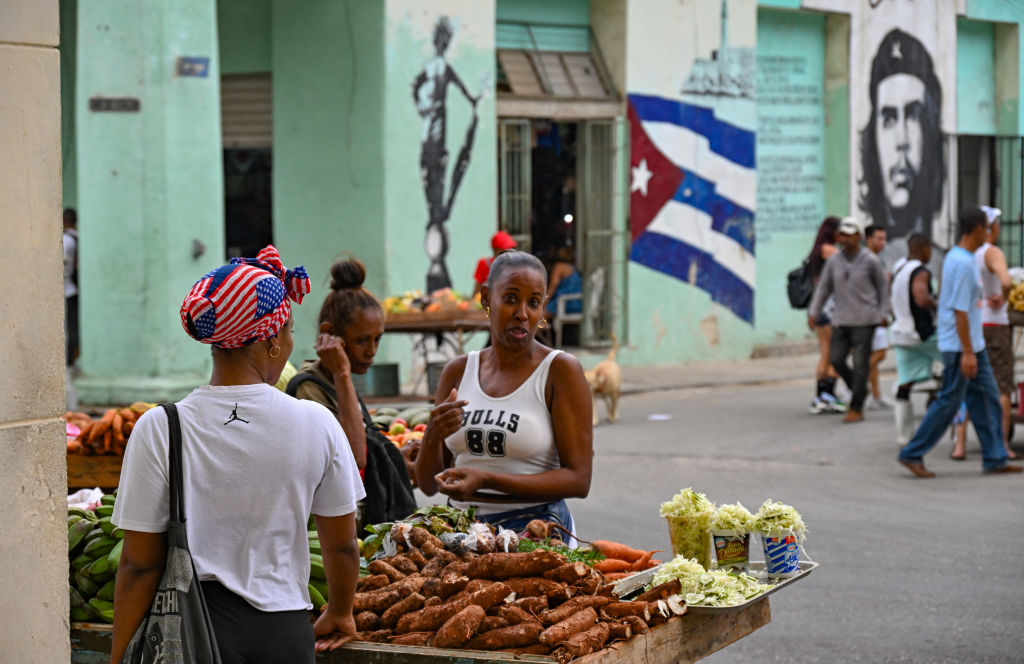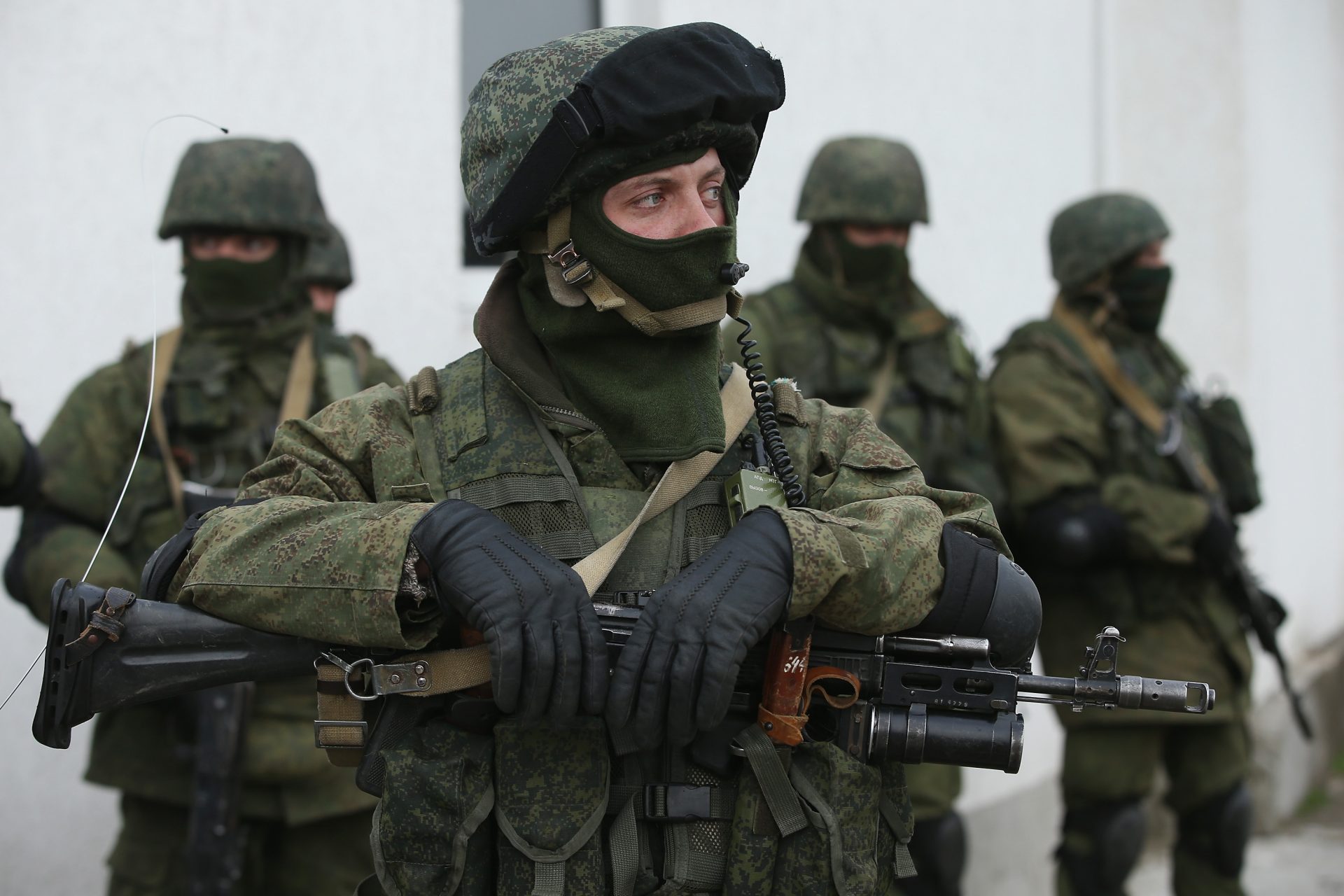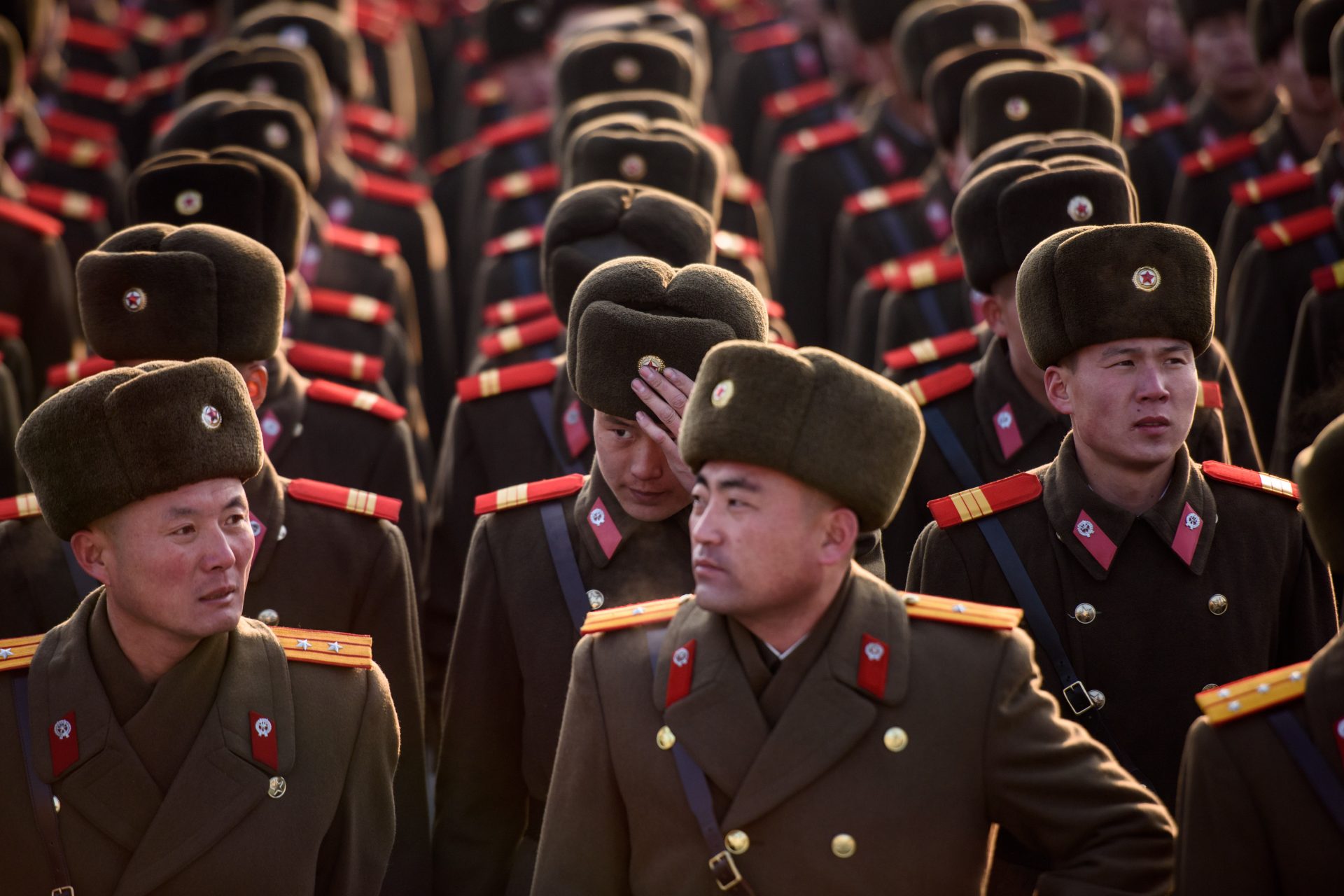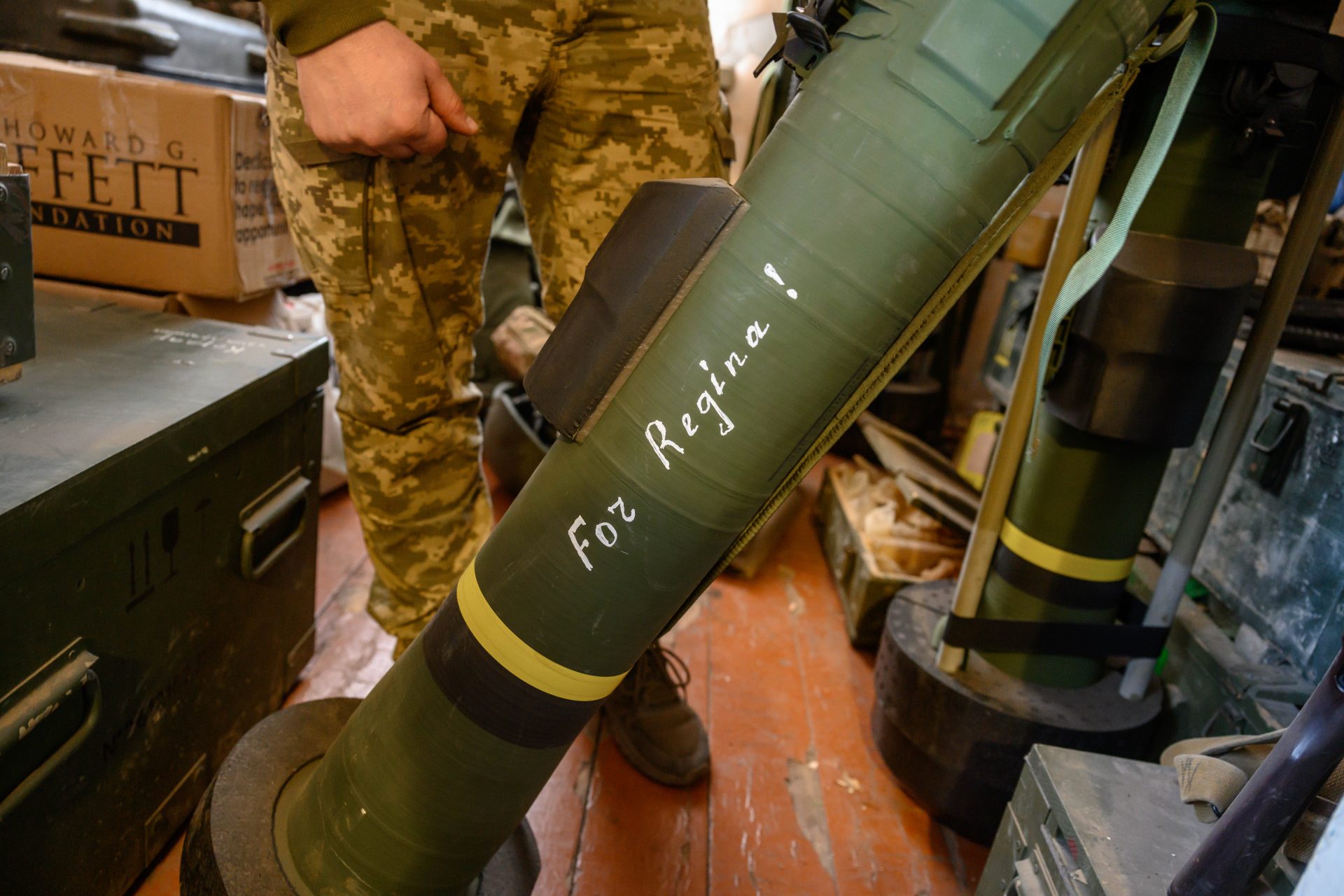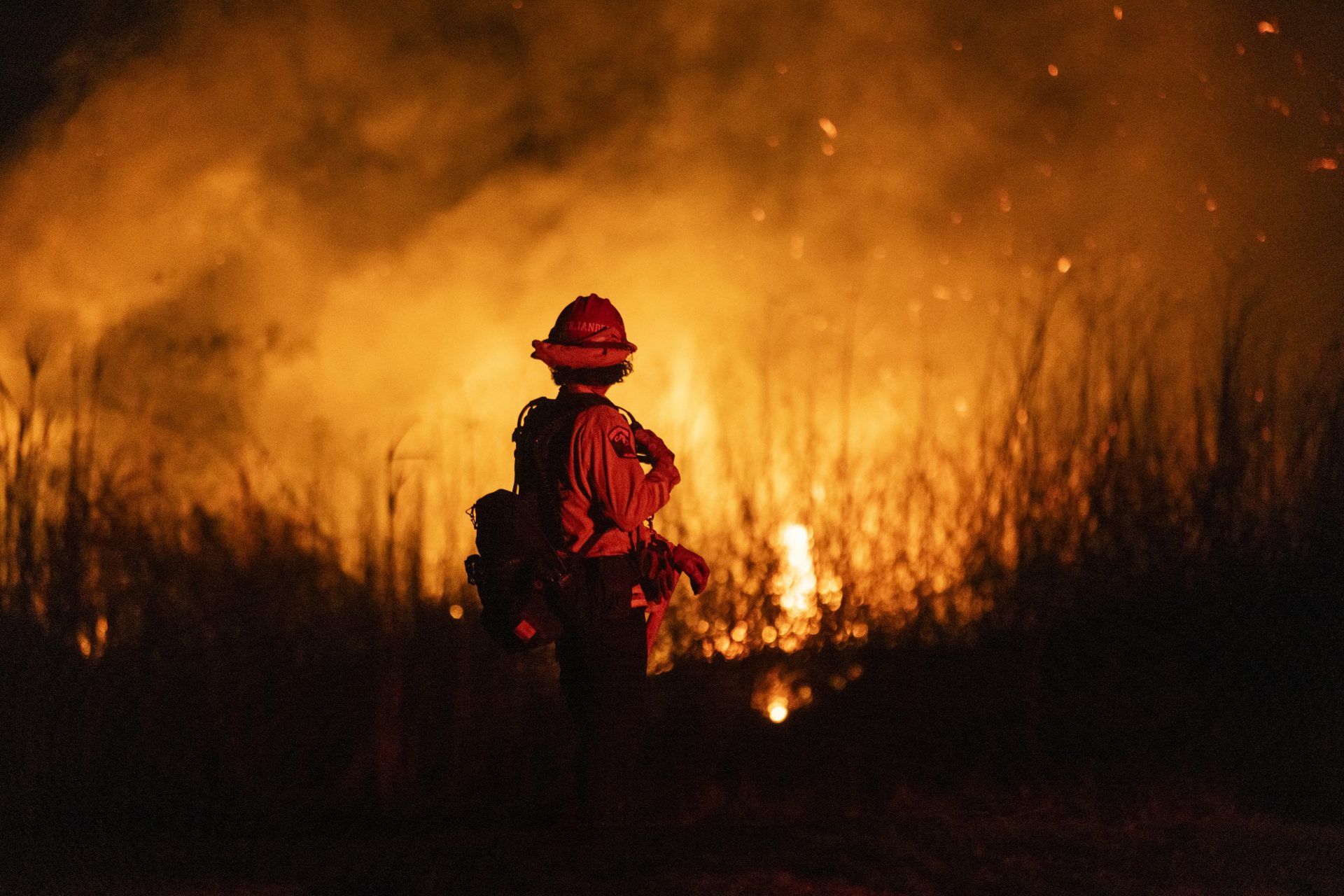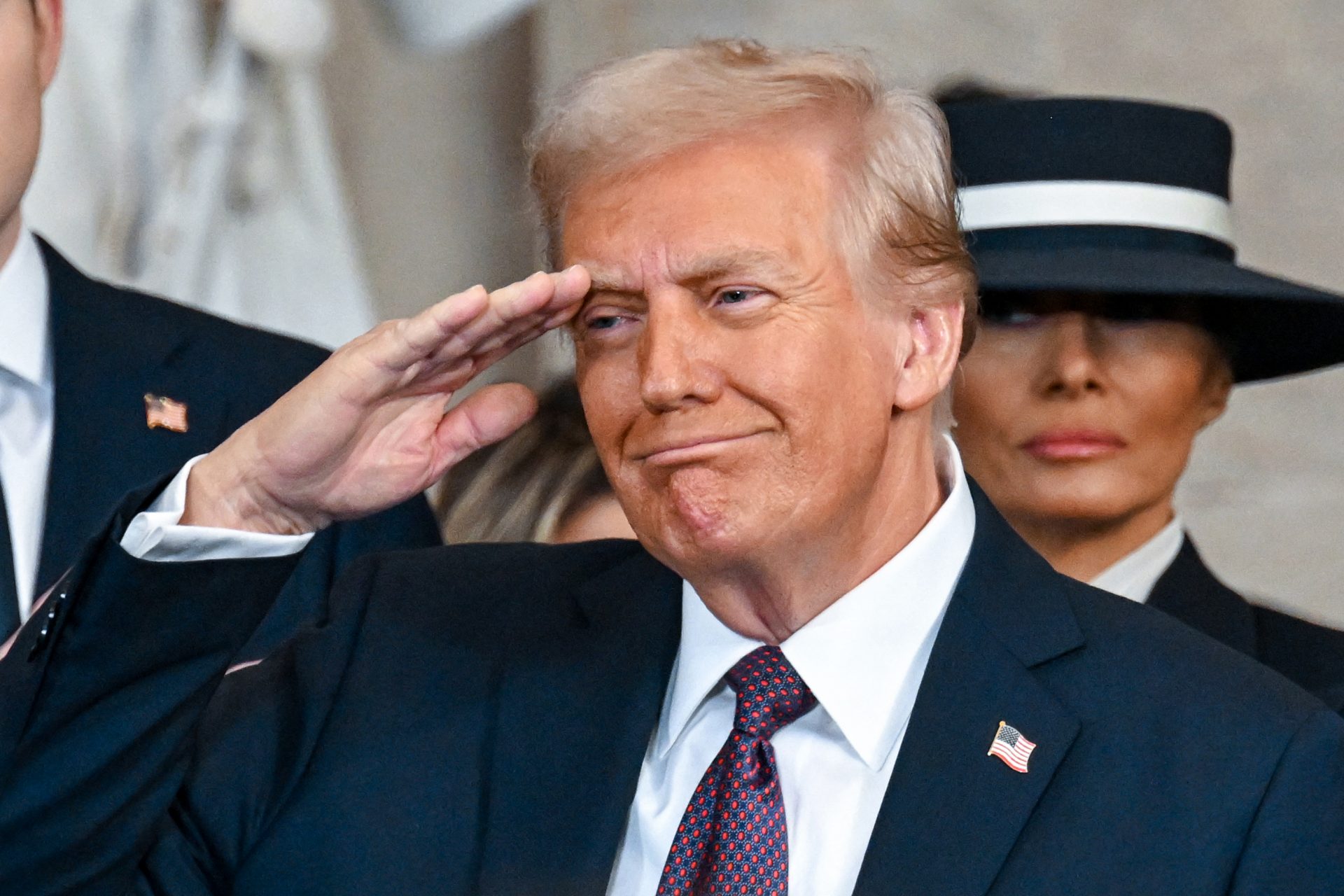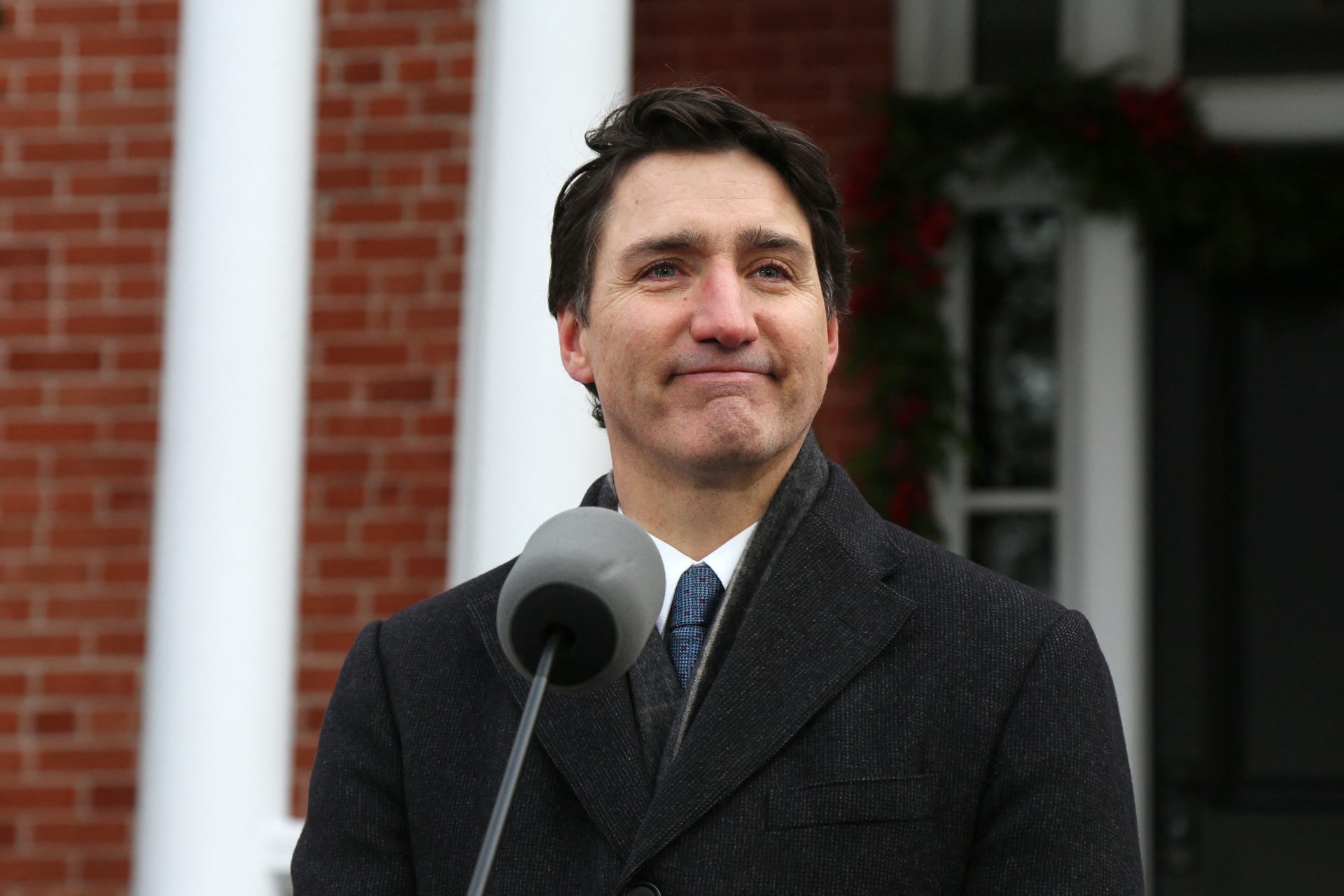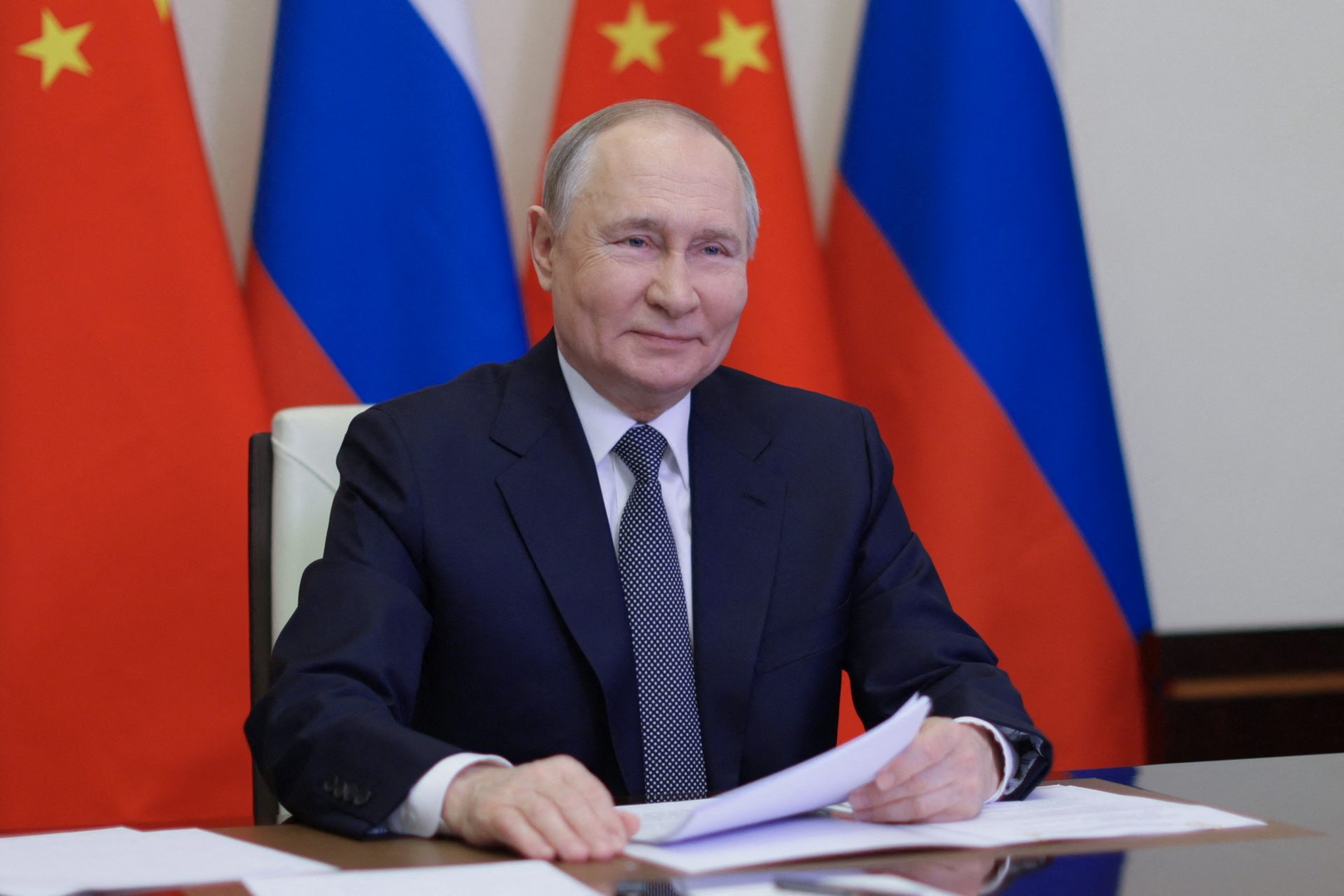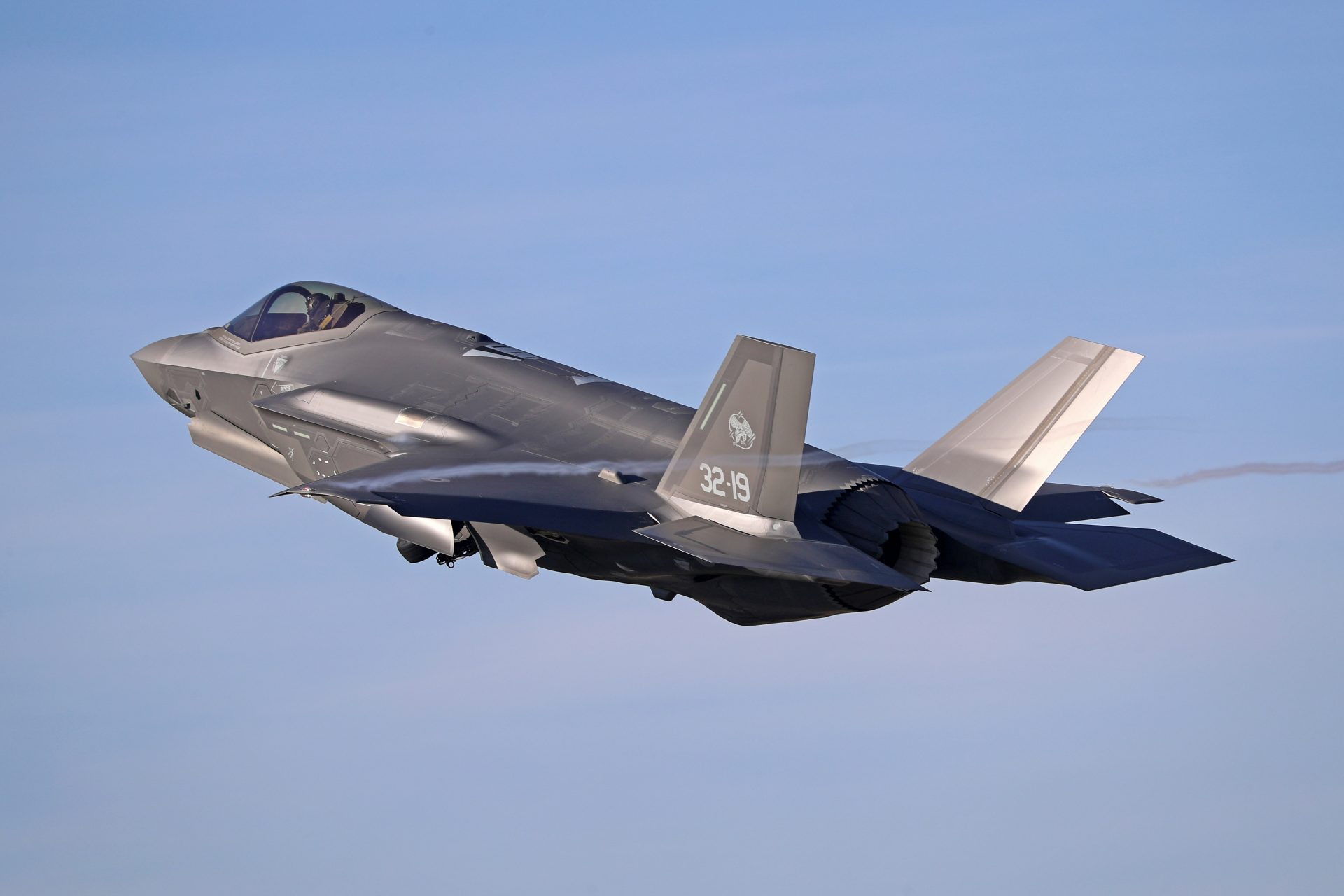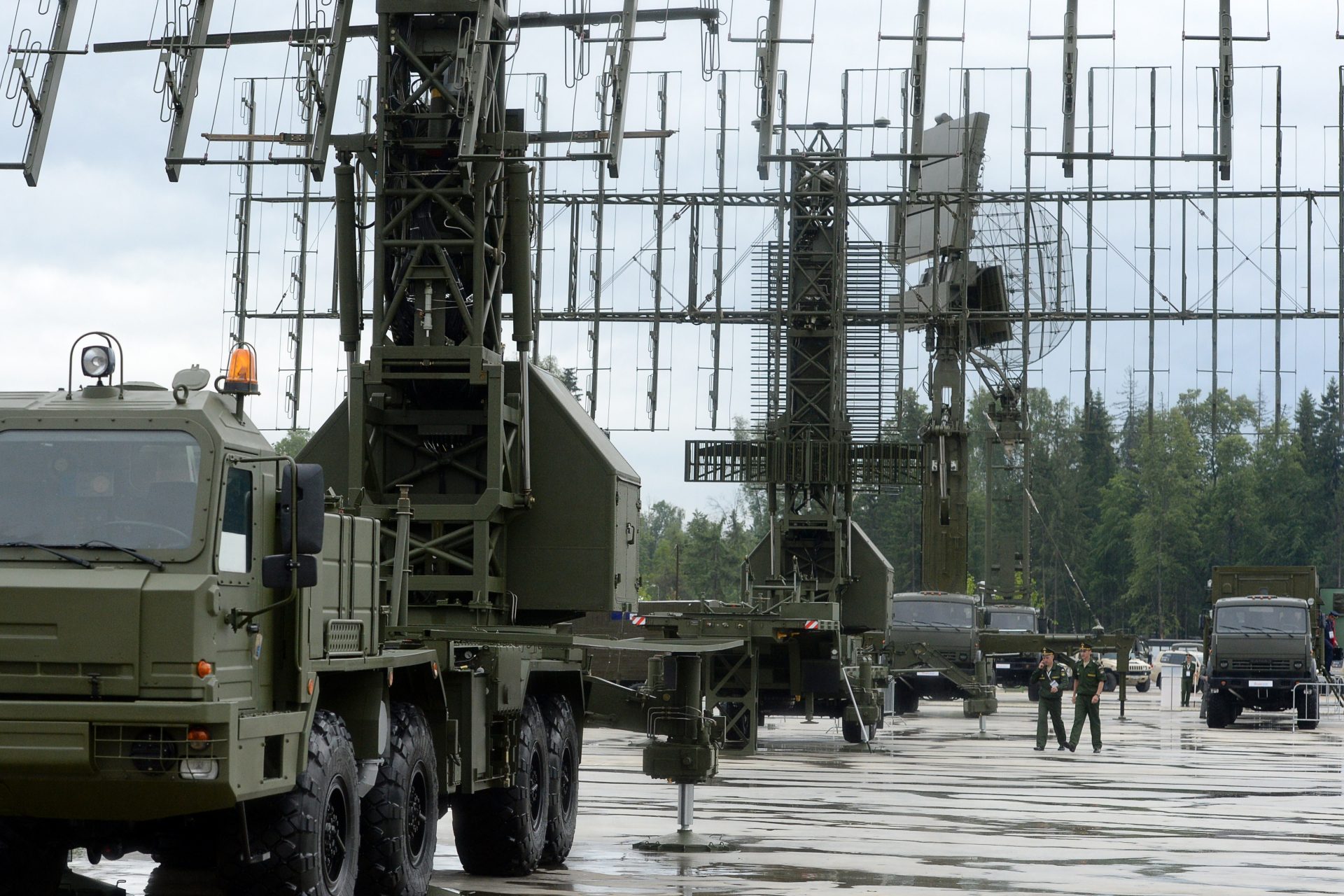What the new Trump Administration will mean to Cuba
The Biden Administration brought major changes to US-Cuba relations. The Democratic President, for example, removed the island from the list of states sponsoring terrorism.
The list, which also includes Syria, North Korea, and Iran, imposed additional sanctions on Cuba in addition to the economic and commercial embargo in force since the 1960s.
As CNN explains, these are the countries accused by the State Department of “repeatedly providing support for acts of international terrorism” under United States law.
According to BBC, Cuba had already been on this list for four years since Donald Trump included it in 2021, at the end of his previous term as US president.
One of Trump's first decisions when he got back into the White? Revoke Biden's removal of Cuba from the list.
Countries classified as sponsors of terrorism cannot, for example, take loans from the International Monetary Fund or export weapons. They are also blocked from receiving international credit and have limited access to the global financial system.
Getting off the list could benefit Cuba in some areas, such as tourism. According to CNN, since 2021, citizens of countries that do not require a visa to enter the US have had to apply for a regular visa if they want to visit the country after having been on the island. When Cuba was removed from the list, this was no longer the case.
This inclusion also affects the economy. “As a state sponsor of terrorism, banks and financial institutions reject Cuba-related transactions. It is beneficial to be removed from the list because it has a soothing effect on financial institutions and investors,” explains legal expert Robert L. Muse to the BBC.
“Perhaps what is most concerning to Cubans is the stigma associated with being designated as a terrorist nation. It implies being an outlaw regime, and Cuba feels outraged by that characterization. [Getting off the list] has a symbolic benefit for the island: it is an action that removes that stigma,” Muse concludes. Now this is no longer the case.
As France 24 explains, Biden's decision to remove the island from the list was included in a concessions deal in exchange for releasing political prisoners in Cuba, following talks between Miguel Díaz-Canel's government and the Catholic Church.
Pictured is Marlon Brando Díaz, imprisoned for being part of the 2021 Cuban protests.
According to France 24, the move was expected to give Havana wiggle room to manage the country's severe economic crisis, marked by massive power outages and shortages of basic goods.
Now that Trump has backpedaled Biden's decision, Cuba's future looks pretty grim.
More for you
Top Stories



